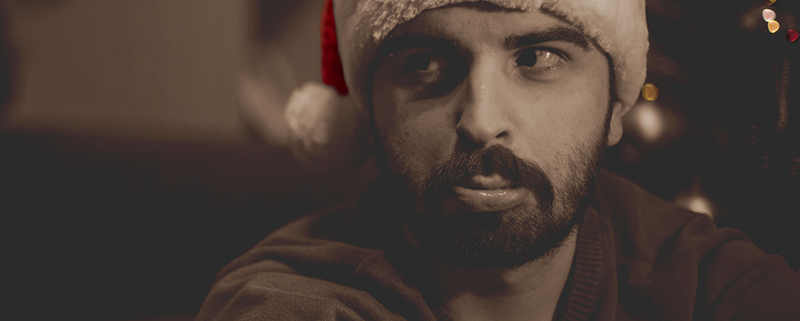Holiday Grief Tips
The holiday season is the biggest impetus to elicit memories and feelings about important people in our lives who have died or who are no longer present at our holiday celebrations and rituals because of divorce or other estrangements.
For most people, the first holiday season after a death or a divorce is the most painful. But that’s not true for everyone. For many, the second, third, and subsequent years are very painful. Since time doesn’t heal emotional wounds, people often report feeling worse as years go by. No matter when your loss occurred, it’s most important that you become aware that recovery is possible and to learn which actions will help you.
The principles and actions of The Grief Recovery Method are dedicated to helping people discover and complete what was left emotionally unfinished by a death, divorce, or other loss.
Holiday Grief Tips:
- · Don’t Isolate Yourself. It’s normal and natural to feel lost and alone but, Don’t Isolate, even if you have to force yourself to be with people and participate in normal activities.
- · Don’t misuse food or alcohol to cover up or push down your feelings. As children, when we were sad about something, we were often told, “Don’t feel bad. Here, have a cookie, you’ll feel better.” The cookie doesn’t make the child feel better, it makes the child feel different and the real cause of the sadness is not addressed. When we get older, alcohol and drugs are used for the same wrong reasons to mask feelings of sadness.
- · Talk about your feelings, but don’t expect a quick fix. It’s essential to have someone you trust to talk to about your memories and the feelings they evoke. Ask your friend to just listen to you and not try to fix you. You’re sad, not broken, you just need to be heard.
- · While it’s important to talk about your feelings, don’t dwell on them. Telling the same sad story over and over is not helpful―in fact, it can establish and cement a relationship to your pain. Better to just make a simple statement of how you feel in the moment. For example, say, “I just had a sad feeling of missing him.”
- · Time doesn’t heal—actions do. The myth that time heals a broken heart is just that, a myth. Time can’t heal a broken heart any more than air can jump into a flat tire. Time just goes by. It’s the actions you take within time that can help you feel better.
- · Don’t get too busy—avoid hyperactivity. Be careful not to get too busy. Being super active just distracts you, it doesn’t really help you deal with your broken heart.
- · Maintain your normal routines. Adapting to the changes in your life following a death or a divorce is an enormous adjustment. You are learning how to move from being with someone to being alone. It’s never a good idea to add a host of other changes while you’re trying to adapt to so much disruption in your life.
- · Go through the pain, not under, over, or around it. It’s very tempting to try to avoid the pain associated with a broken heart. But it’s also a very bad idea. Whenever you skirt the pain, all you’re doing is pushing it away temporarily. It will always come back to haunt you.
- · Find effective guidance or you will sabotage your future. While the grief of a broken heart is the normal reaction to the death of your mate or to the end of a romantic relationship, it’s very helpful to find effective tools to help you discover and complete everything that was left emotionally unfinished. Otherwise, you will drag your emotional baggage into the next relationship and ruin it before it really starts.
I am here and available and ready when you are, so please do not hesitate to reach out!
I do hope you found this article helpful. I ask if you can please share this article with anyone you feel may be grieving this holiday season.





